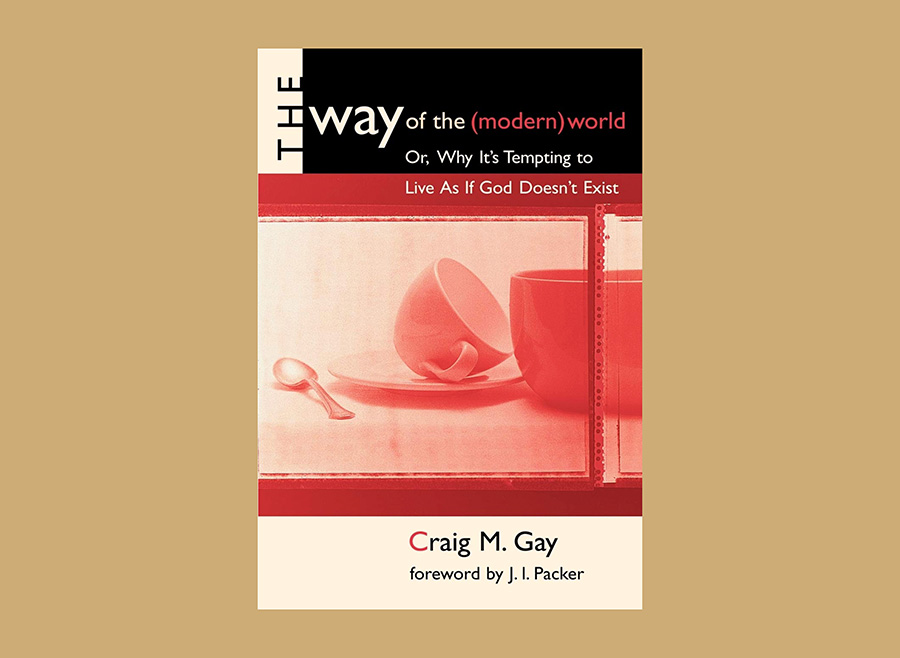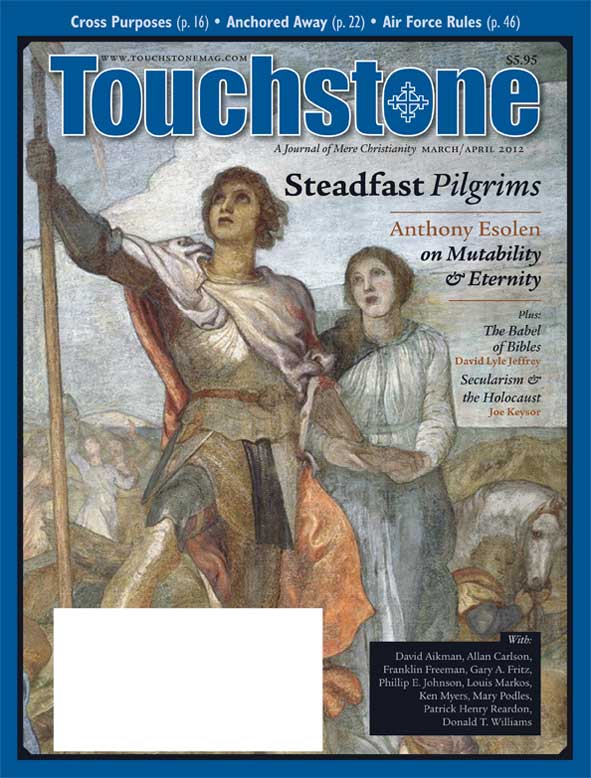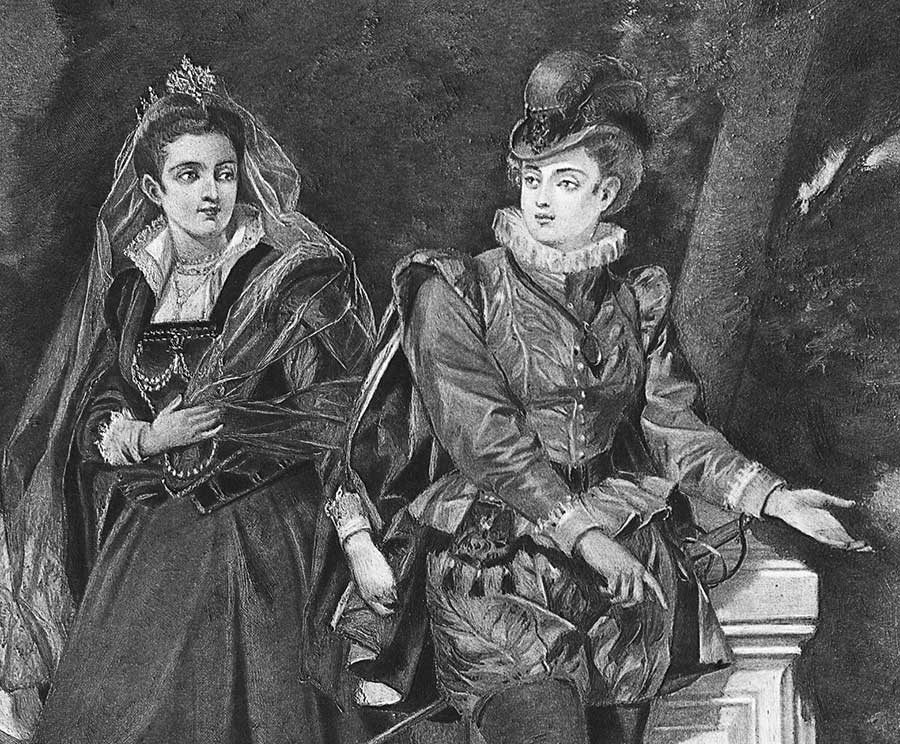Contours of Culture
What’s God Got to Do with It?
Not long ago, while flipping through the pages of a prominent Evangelical magazine, I noticed an ad for a software package. The application was designed for worship leaders (or, more accurately, Worship Stage Directors or Worship Production Managers), and the ad copy promised that the software would keep track of all sorts of details surrounding the worship experience: musicians’ schedules, whereabouts of media production elements, licensing fees, and so on.
I use computers (and mobile apps) for all sorts of things, and as a church music director, I have some experience in planning worship services. But the notion that the “production elements” of worship would be so complex (and so driven by technology) as to require specialized software was a bit disturbing. More disturbing still was the display type in the ad, which promised: “Here’s one less thing you’ll have to pray about.” In other words, God need not be bothered concerning the details of worship, since we have such powerful technology. How comforting. How marvelous.
Tending Toward Practical Atheism
And how typically modern. That ad reminded me immediately of the wise observations and arguments in Craig Gay’s The Way of the (Modern) World: Or, Why It’s Tempting to Live As If God Doesn’t Exist. Gay, a sociologist teaching at Regent College, asserts at the beginning of this important book that, to the extent that we are good modern people, “we are for the most part tempted to go about our daily business in this world without giving God much thought. Indeed, we are tempted to live as though God did not exist, or at least as if his existence did not practically matter.”
God does not matter practically—in the practices of everyday life—because the chief end of man in modernity is the maintenance of control over reality, and we can adequately achieve such dominance through science and technology (and through social and cultural institutions that are scientific and technically ordered). As Gay puts it, “a modern society is one in which the prevailing conception of the human task in the world is that of mastery by way of systematic manipulation.”
In such a society, religion is assumed to be helpful for private life, for directing our personal inner worlds. But when it comes to defining how we deal with the external world—in political, economic, commercial, medical, and other social contexts—we can safely set God-talk aside and focus on technique. The issue of God doesn’t enter into the affairs of “real life,” even for people who believe in and enthusiastically worship him (with or without the help of computers).
The Way of the (Modern) World features chapters on politics, economics, science and technology, and the characteristic view of the self in modern culture. Gay makes it abundantly clear that the tendency toward practical atheism is not principally a matter of post-Christian ideas or arguments circulating in the media, higher education, or popular culture, but the intuitively assumed posture of all those participating in modern social structures. He writes that his book is “concerned to discover how and why it is that the practically atheistic outlook has become so uniquely plausible even for Christians in the modern context.” He surveys the work of dozens of thinkers who have identified how this radically secularistic mindset is embedded “in institutional arrangements that we probably take largely for granted.”
Gay’s compelling arguments stand as a challenge to those well-meaning Christian leaders who carelessly embrace allegedly “neutral” cultural forms, ignoring the ways they convey a mentality of godlessness. And those who think that concern about “modern” culture can be ignored—since we are past all that now and dwell in the hazy, protean, emerging realm of the postmodern—need to take seriously Gay’s insistence that postmodernity “represents only a kind of extension of modernity, a kind of ‘hyper-modernity.’”
Resisting the World’s Ways
Ken Myers is the host and producer of the Mars Hill Audio Journal. Formerly an arts editor with National Public Radio, he also serves as music director at All Saints Anglican Church in Ivy, Virginia. He is a contributing editor for Touchstone.
subscription options
Order
Print/Online Subscription

Get six issues (one year) of Touchstone PLUS full online access including pdf downloads for only $39.95. That's only $3.34 per month!
Order
Online Only
Subscription

Get a one-year full-access subscription to the Touchstone online archives for only $19.95. That's only $1.66 per month!
bulk subscriptions
Order Touchstone subscriptions in bulk and save $10 per sub! Each subscription includes 6 issues of Touchstone plus full online access to touchstonemag.com—including archives, videos, and pdf downloads of recent issues for only $29.95 each! Great for churches or study groups.
Transactions will be processed on a secure server.
more from the online archives
calling all readers
Please Donate
"There are magazines worth reading but few worth saving . . . Touchstone is just such a magazine."
—Alice von Hildebrand
"Here we do not concede one square millimeter of territory to falsehood, folly, contemporary sentimentality, or fashion. We speak the truth, and let God be our judge. . . . Touchstone is the one committedly Christian conservative journal."
—Anthony Esolen, Touchstone senior editor











